A couple of readers have written this week with variations on this question.
Gwen notes that many weight loss plans allow for unlimited amounts of vegetables and wonders whether this rule is really a good one or whether some restrictions make sense. Jim says he’s not dieting but he’s gradually increased his vegetable intake to the point that he’s now eating up to five pounds of vegetables a day. He wonders whether that may be excessive and whether he should be concerned that almost all of the calories in vegetables come from (natural) sugars.
Obviously, you can overdo just about anything…even water. Drink several gallons of water in a short period of time and and you can put yourself into a hyponatremic coma. (Don’t try this at home.)
But assuming you’re not actually trying to hurt yourself, how easy would it be to get yourself in trouble by eating too many vegetables? All in all, not that easy. In most vegetables, the ratio of water and fiber to calories and sugar is high enough to keep you from from over-doing it. But as you appear to be craving some guidelines, here are a few:
Continue reading “Can You Eat Too Many Veggies?” >
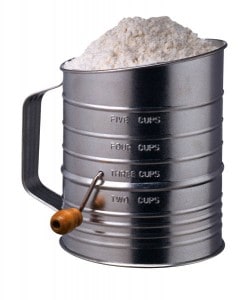 Q. Do alternative flours such as almond flour offer any real health advantages and if so (or if not), why?
Q. Do alternative flours such as almond flour offer any real health advantages and if so (or if not), why?
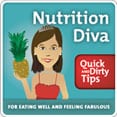
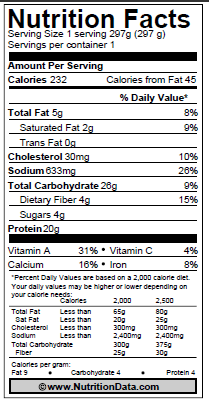

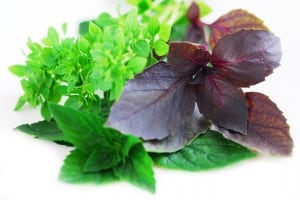 Q. Do dry herbs and spices have the same nutritional benefits as their fresh counterparts or are they only good for flavor?
Q. Do dry herbs and spices have the same nutritional benefits as their fresh counterparts or are they only good for flavor? 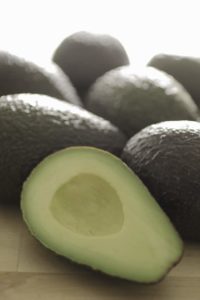 Q. I’m a 30-year-old man and I’m struggling to gain weight. I exercise 5-7 hours a week. My health is good. I really enjoy vegetables and other healthy foods, but it’s hard to get enough calories without adding soda and dessert to my meal of chicken salad, for example. I know sugar causes a host of bad health effects, but what alternatives are there? How can I get more calories without causing collateral damage?
Q. I’m a 30-year-old man and I’m struggling to gain weight. I exercise 5-7 hours a week. My health is good. I really enjoy vegetables and other healthy foods, but it’s hard to get enough calories without adding soda and dessert to my meal of chicken salad, for example. I know sugar causes a host of bad health effects, but what alternatives are there? How can I get more calories without causing collateral damage?